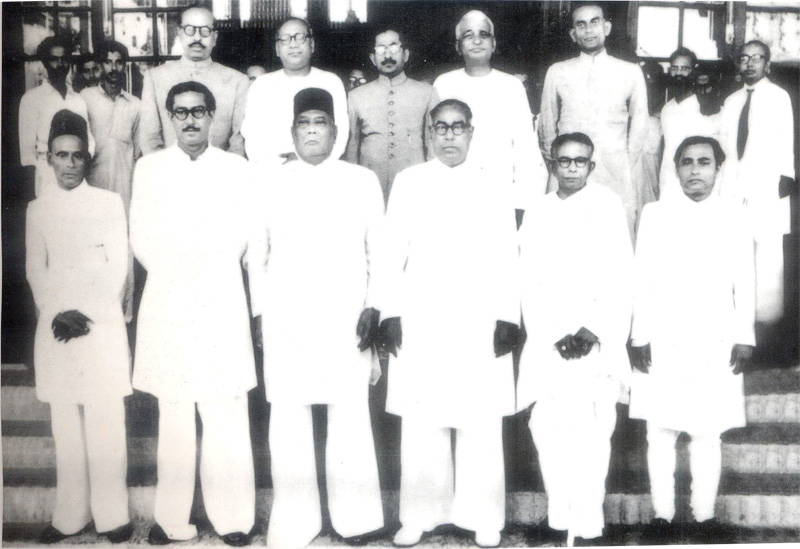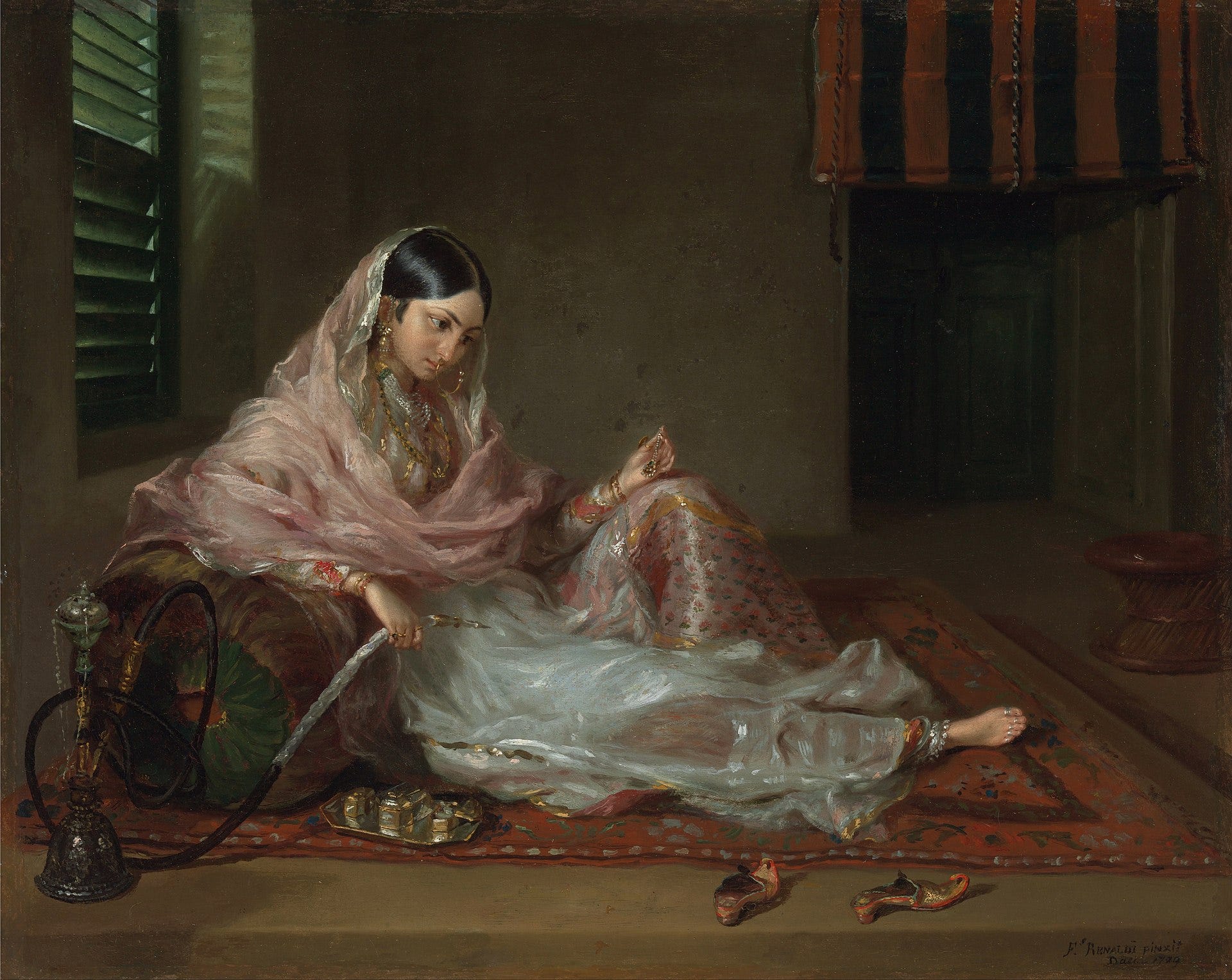Moments That Shaped the Old Dhaka City’s Legacy

Key Events in Old Dhaka’s Past: Moments That Shaped the City’s Legacy
Old Dhaka, with its rich and vibrant history, has witnessed countless events that have shaped the city and the nation. From its origins as a Mughal stronghold to its role in the Bengali Renaissance and the liberation movement of Bangladesh, Old Dhaka has been at the heart of many key moments in history. These events not only shaped the city’s physical and cultural landscape but also left an indelible mark on the people who lived through them. Here are some of the most significant events in Old Dhaka’s past.
1. The Founding of Dhaka by the Mughals (1608)
The establishment of Dhaka as a prominent Mughal administrative and commercial center in 1608 under Subahdar Islam Khan was a turning point in the city’s history. As the capital of Bengal during the Mughal Empire, Dhaka flourished as a hub of trade and culture, attracting merchants and artisans from across the region. The Mughals built forts, mosques, and other significant structures that still stand today, setting the foundation for Dhaka’s growth.
This era marked Dhaka's transformation into a major political and economic center, bringing with it significant developments in architecture, culture, and urban planning.
2. The Rise of Dhaka as a Trade Hub (17th Century)
During the 17th century, Dhaka became one of the most important trading hubs in the region, particularly known for its thriving textile industry. The production of the famed Muslin, a fine cotton fabric, brought merchants from Europe, Persia, and beyond to the city. The economy of Dhaka boomed during this period, contributing to the city's prosperity and prominence.
This was also a period of cultural fusion, with Mughal architecture flourishing, and Dhaka’s bazaars becoming global centers of trade. The Muslin trade would be a key factor in Dhaka’s historical significance, cementing its place in the global economy.
3. The Siege of Dhaka by the British East India Company (1757)
In the mid-18th century, Dhaka, along with the rest of Bengal, came under British control following the Battle of Plassey in 1757. The British East India Company’s conquest of Bengal significantly impacted Dhaka’s political and economic landscape. The city, once a thriving center of Mughal power, experienced a decline in prosperity as the British shifted trade routes and capital centers away from Dhaka.
This event marked the beginning of British colonial influence in the region, leading to profound changes in governance, trade, and culture, as Dhaka’s significance diminished in favor of Kolkata (then Calcutta).
4. The Partition of Bengal (1905)
The partition of Bengal in 1905 by the British, which divided the province into East Bengal and Assam, made Dhaka the capital of Eastern Bengal. This event stirred significant political unrest, with strong opposition from Bengali intellectuals, politicians, and activists. Though the partition was reversed in 1911 due to widespread protests, it laid the foundation for future political movements and the eventual creation of East Pakistan.
Dhaka’s brief period as the capital of Eastern Bengal ignited a sense of identity and pride among the people, which would play a crucial role in the political movements that followed.
5. The Language Movement (1952)
One of the most pivotal moments in Dhaka’s history was the Bengali Language Movement of 1952. When the government of Pakistan attempted to impose Urdu as the sole national language, the people of Dhaka, particularly students, protested in defense of their mother tongue, Bengali. The protests culminated in a tragic event on February 21, 1952, when police opened fire on demonstrators, killing several students.
This event is commemorated annually as International Mother Language Day, and it fueled the growing Bengali nationalist movement. The Language Movement played a vital role in shaping Bangladesh’s identity and eventually led to the country’s liberation.
6. The 1971 Bangladesh Liberation War
Perhaps the most defining moment in Dhaka’s history was the Bangladesh Liberation War of 1971. Dhaka was the epicenter of political unrest as tensions between East Pakistan (now Bangladesh) and West Pakistan escalated. The city witnessed widespread violence during Operation Searchlight in March 1971, when the Pakistani military launched a brutal crackdown on Dhaka's civilian population, killing thousands.
The war for independence raged on for nine months, and on December 16, 1971, Dhaka became the capital of the newly independent Bangladesh. This momentous event forever changed the course of the city’s and the nation’s history, as Dhaka emerged from the war with a renewed sense of freedom and identity.
7. The Dhaka Riots (1940s and 1960s)
Old Dhaka, with its dense population and diverse religious communities, has also been the site of communal tensions throughout history. The 1940s saw communal riots between Hindus and Muslims, particularly around the time of India’s partition in 1947. These riots caused widespread devastation and led to significant demographic changes, as many Hindus migrated to India and Muslims moved into Dhaka.
Again in the 1960s, political and social unrest in East Pakistan saw further tensions erupt in the streets of Old Dhaka. These events shaped the social dynamics of the city, contributing to the growing demand for autonomy that would later fuel the liberation movement.
What's Your Reaction?














